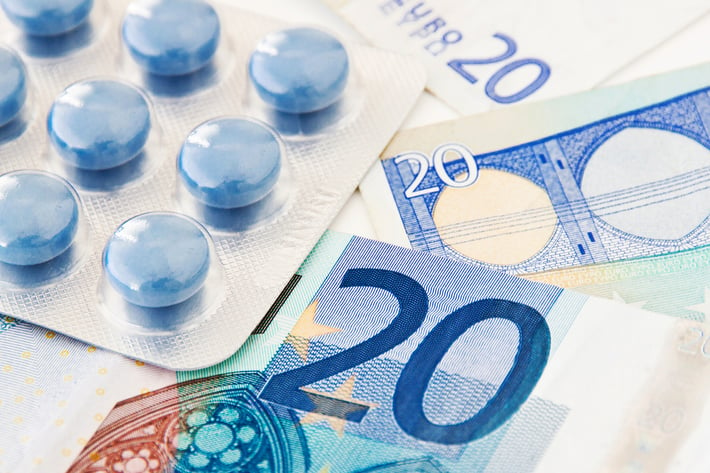The concept of value should not be misused to justify high medicine prices

New medicines frequently enter the market at ever-increasing, unaffordable prices, posing a great challenge for the sustainability of health budgets and affecting doctors’ and patients’ ability to choose the appropriate treatment.
For a long time, the standard explanation given by pharmaceutical companies for high medicine prices was that they were necessary to cover research and development costs and to compensate for the associated risks.
However, as these arguments are increasingly questioned, the industry seems to be changing its rationale, arguing that R&D costs are irrelevant and that medicine prices actually correspond to their “value”.
Notably, the industry’s assessment of medicine value seems to disregard the multidimensional approach characteristic to value-based pricing models, which often consider medicine efficacy and safety outcomes, improvement in patient quality of life, or quality of evidence, but also economic evaluation that may include a wider societal perspective to assess medicine costs and benefits.
In contrast, the industry appears to place a disproportionate weight on economic aspects, arguing that the value of a medicine equals the costs it saves society. From this perspective, the medicine price relates to the costs that the disease would cause to society if not treated, or if treated with the second-best therapy. Following this logic, such monetary calculation should indicate the final price.
While it is common to incorporate the societal perspective for economic evaluation and to consider all relevant costs and benefits related to disease management in medicine value assessments, the logic that the price of a medicine should equal the costs it saves society should be strongly opposed.
In value-based pricing, social value is typically used to define the boundaries of a fair price (a cost-effectiveness threshold) rather than to set an exact price.
Although the industry’s approach can be justified from a market perspective, medicines should not be perceived as any other commodity and the actual assessment of their value should take into account all relevant components.
Therefore, instead of following the industry’s logic, European doctors advocate that the priorities required in pharmaceutical pricing should first concern patient’s rights and ethical provisions, then be applied to solidarity in care determined by need, and finally concern cost efficiency.
Transparency on net medicine prices and R&D costs is indispensable for competition and a balanced market.
Read a broader discussion on the misuse of the concept of value by the pharmaceutical industry here.
Photo credit: https://www.istockphoto.com/fr/portfolio/Togapix?mediatype=photography